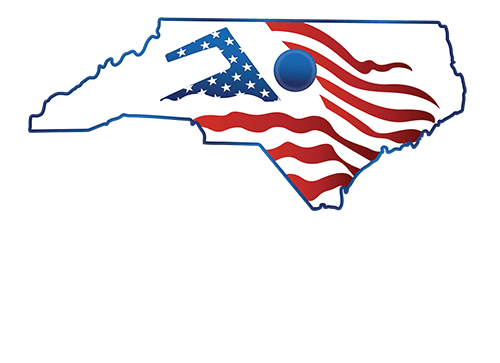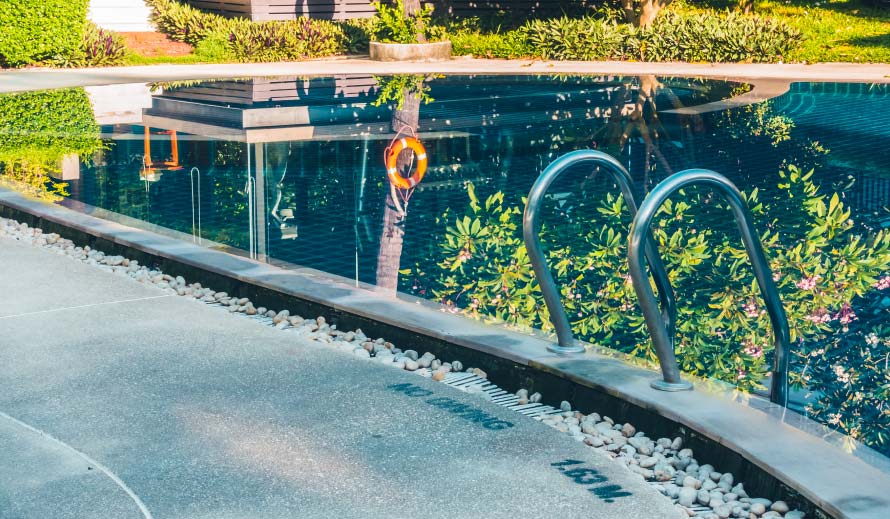When it comes to building your dream swimming pool, there are two popular options to consider, concrete pools and fiberglass pools. Each type has its own unique features and benefits. In this article, we will delve into the definitions, differences, and advantages of concrete pools and fiberglass pools, helping you make an informed decision for your pool project.
Concrete Pool: Customization and Durability
A concrete pool, also known as a gunite or shotcrete pool, is a custom-built pool constructed by spraying concrete onto a steel framework or rebar. This construction method allows for flexible design options, making it possible to create unique shapes, sizes, and features. Concrete pools are highly durable, withstanding harsh weather conditions and providing long-term value for homeowners.
Fiberglass Pool: Quick Installation and Low Maintenance
A fiberglass pool is a pre-fabricated pool made of a single-piece fiberglass shell that is installed in the ground. These pools are manufactured off-site and delivered to your property for installation. Fiberglass pools come in various shapes and sizes, offering a streamlined and smooth surface finish. They are known for their quick installation process and require less maintenance compared to concrete pools.
Differences between Concrete Pools and Fiberglass Pools
- Construction: Concrete pools are built on-site, allowing for customized designs and flexibility in shape and size. In contrast, fiberglass pools are pre-fabricated and come ready to install, with limited design options.
- Durability: Concrete pools are renowned for their durability and longevity, with the ability to withstand extreme weather conditions. Fiberglass pools are also durable but may require more care to prevent surface damage.
- Maintenance: Concrete pools require more maintenance due to their porous surface, which can require regular brushing and occasional resurfacing. Fiberglass pools have a non-porous gel coat finish, making them easier to clean and maintain.
- Installation Time: Concrete pool construction typically takes longer due to the onsite building process, whereas fiberglass pools have a faster installation time as they are pre-fabricated.
Immerse yourself in the aquatic paradise of our pools
Advantages of Concrete Pools
Concrete pools offer several significant advantages that make them an attractive choice for those seeking a higher level of customization and durability. One of the main advantages of concrete pools is their design flexibility. When building a concrete pool, you have the freedom to create a completely unique pool that suits your vision and the specific features of your outdoor space. You can unleash your creativity and add special features such as waterfalls, slides, integrated spas, or custom landscaping elements. There are no limits when it comes to designing a custom concrete pool.
In addition to customization, concrete pools are known for their long-term durability. With proper maintenance, a concrete pool can last for decades, making it a solid investment for your home. Unlike fiberglass pools, which may require repairs or gel coat replacements over the years, concrete pools are resilient and can withstand extreme weather changes. They are also less prone to dents or surface damage.
For example, imagine a concrete pool with a customized design that blends seamlessly with your surrounding landscape. You can opt for an organic shape resembling a natural pond, or perhaps you prefer a sleek and modern geometric form. Additionally, you can add a unique feature such as a water fountain flowing from a hand-carved stone wall. These personalized details not only create visually stunning surroundings but also provide you with a truly unique and customized pool experience.
When considering the cost and lifespan of a swimming pool, concrete pools offer a distinct advantage over fiberglass pools. While fiberglass pools may have a lower upfront cost, concrete pools provide long-term value and a potentially longer lifespan.
Concrete pools are considered a long-term investment due to their durability and ability to withstand the test of time. With proper maintenance and care, a well-built concrete pool can last for several decades. On the other hand, fiberglass pools may require more frequent repairs or even replacement of the fiberglass shell over time, which can add to the overall cost in the long run.
In summary, concrete pools offer the opportunity to create a tailor-made pool with a wide range of design options and exceptional durability. From complete customization to long-term resilience, a concrete pool is an investment that will bring you years of enjoyment and satisfaction.

